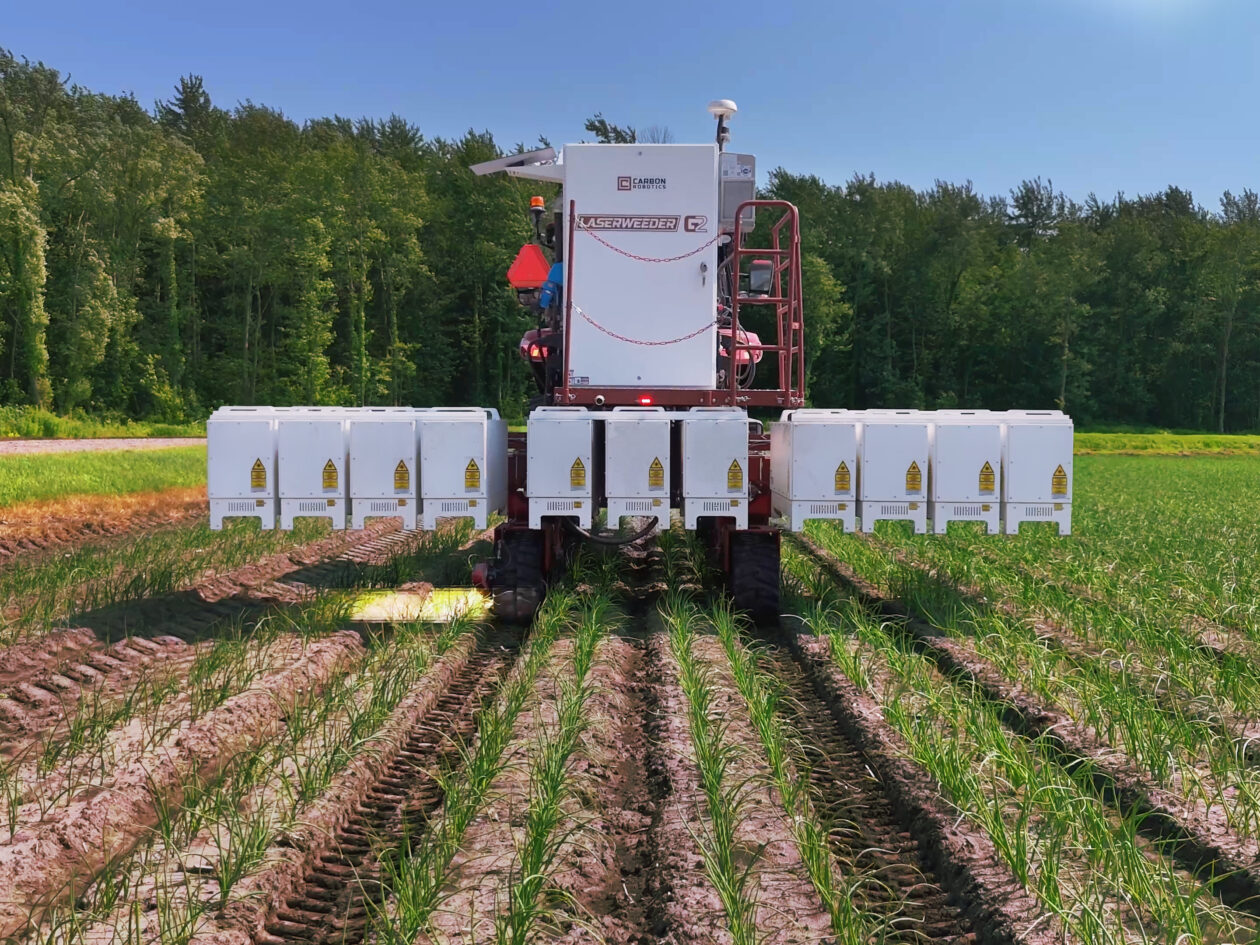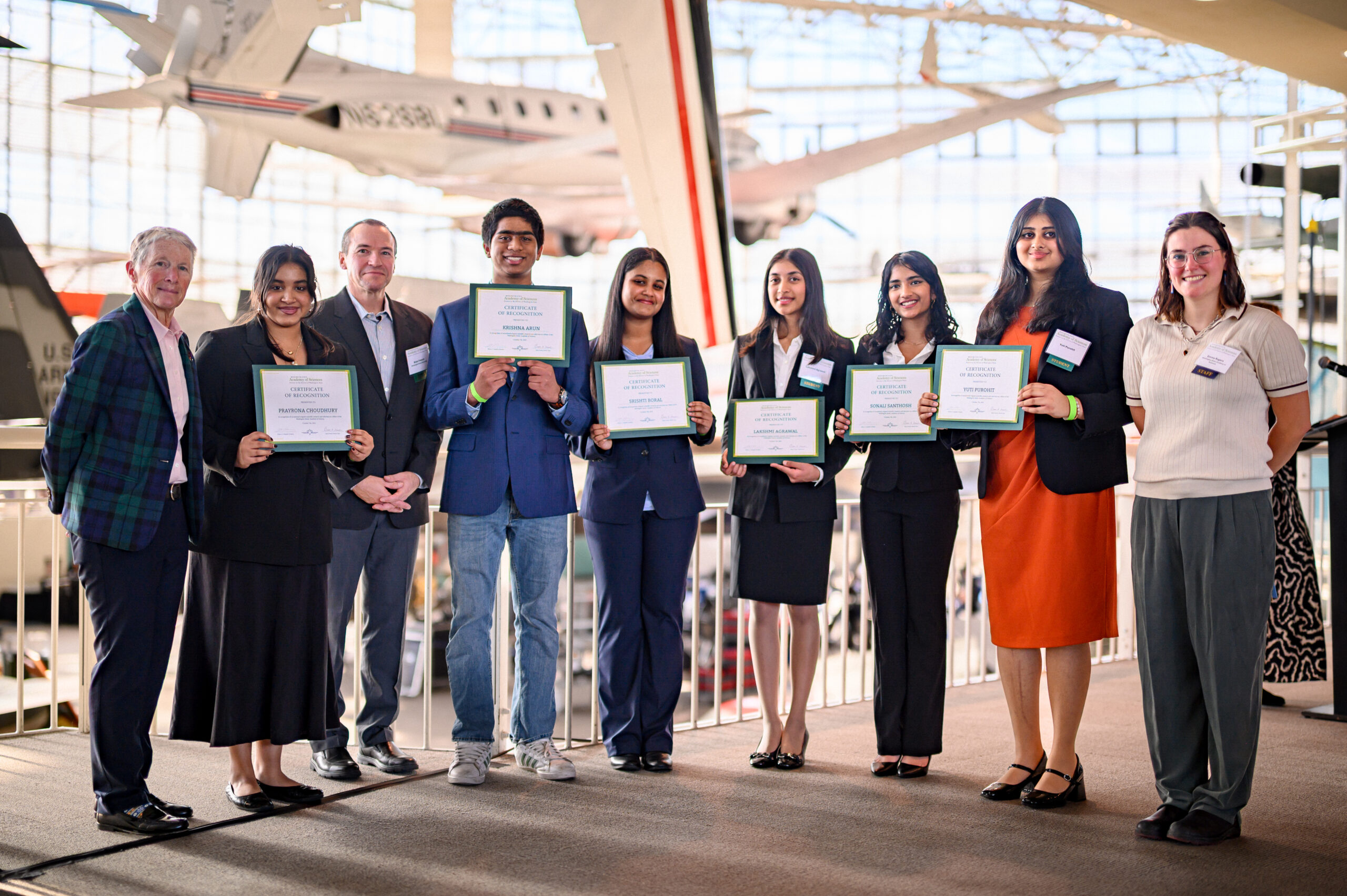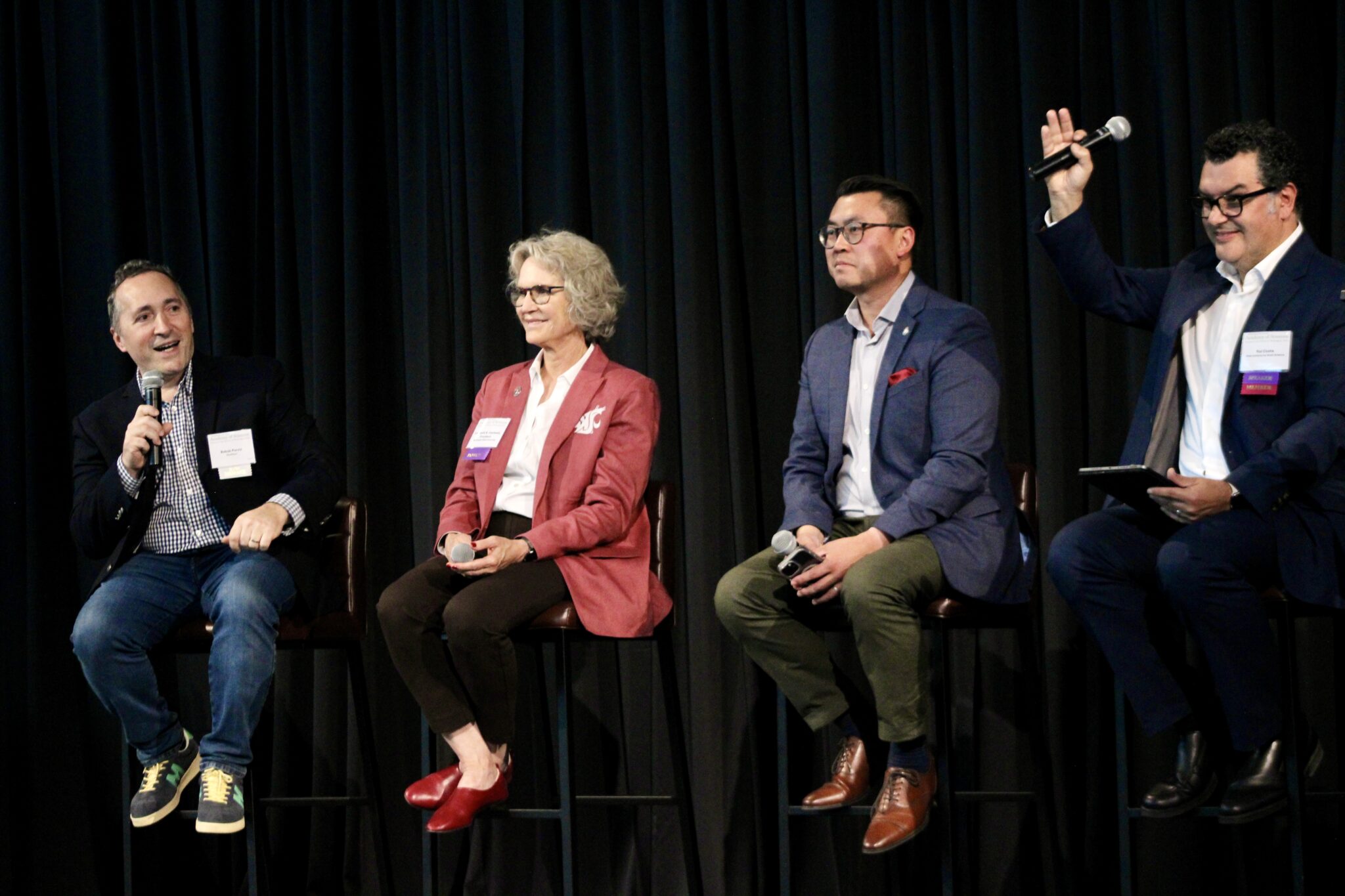
The Washington State Academy of Sciences (WSAS) is pleased to announce 25 new members, recognizing their outstanding record of scientific and technical achievement, and their willingness to work on behalf of the Academy to bring the best available science to bear on issues within the state of Washington.
The 2022 class of new members is composed of 20 scientists and engineers elected by their WSAS peers and 5 members recently elected to the National Academies of Science, Engineering, or Medicine, who live or work in Washington State. These new members bring diverse expertise and experience to WSAS.
New members will be inducted at the 15th Annual Members’ Meeting on September 15, 2022.
Individuals directly elected by the WSAS membership:
Stephen Bollens, Professor and Director, Meyer’s Point Environmental Field Station, Washington State University
For research on salt and freshwater aquatic systems that is both timely and important to understanding the impact of global climate change and rising sea levels on estuarine systems and biodiversity in the Pacific Northwest. For a proven willingness to engage and serve institutions and the public.
Azita Emami, The Robert G. and Jean A. Reid Executive Dean of Nursing, University of Washington
For pioneering research in cultural competence, conducting international collaborative research with professionals and family caregivers of older adults with dementia, advancing assessment of cultural awareness and its impact on healthcare, and supporting establishment of UW’s Center for Global Health Nursing and the first Center for Anti-Racism in Nursing.
David Field, Professor and Associate Dean of Research and Graduate Education, Voiland College of Engineering and Architecture, Washington State University
For developing and commercializing the automated Electron Backscatter Diffraction (EBSD) techniques and their application, and mentoring a large group of graduate and undergraduate students in mechanical and materials engineering at Washington State University.
Deborah Gracio, Associate Lab Director, National Security Directorate, Pacific Northwest National Laboratory
For leadership and advancing development and application of integrated computational environments to national security missions.
Xiaosong Li, Harry and Cathering Jaynne Boannd Endowed Professor and Associate Chair, Department of Chemistry, University of Washington
For a body of work that supercharges computational chemistry including pioneering work in time-dependent electronic structure theory and quantum mechanical techniques; and for exemplary collaborative efforts, as well as leadership in developing educational pathways for underrepresented minority students in STEM.
John McNamara, Professor Emeritus of Animal Sciences, Washington State University
For research in nutritional physiology of farm animals which opened new areas of research and changed on-farm management to improve sustainability. For work on companion animal biology helped start new programs across the country, and work with the Washington Science Teachers Association to help prepare teachers in integrated STEM teaching.
Harry Miley, Laboratory Fellow, Pacific Northwest National Laboratory
For decades of contribution to the understanding of nuclear events and the role of the detection of radioactive isotopes using gamma ray spectroscopy.
Jim Pfaendtner, Steven and Connie Roger Endowed Professor and Chair, Department of Chemical Engineering, University of Washington
For pioneering contributions that advanced the frontiers of molecular simulation, impacting the prediction of enzyme activity in ionic liquids, peptide interactions with surfaces, and molecular design.
Bhagwat Prasad, Associate Professor of Pharmaceutical Sciences and Director, Proteomics-based Research Initiative on Non-CYP Enzymes, Washington State University
For expertise in drug metabolism and pharmacokinetic modeling that is valuable to FDA and pharmaceutical companies, since proteomics-informed in silico modeling helps to avoid drug failures. For his work as an Associate Professor of Pharmaceutical Sciences at WSU where he trains and mentors researchers in these approaches.
Wei-Jun Qian, Laboratory Fellow and Team Lead, Pacific Northwest National Laboratory
For internationally recognized expertise in the development and application of technologies for analytical biochemistry measurements of proteins and protein modifications to study nanotoxicology and clean energy solutions as well as human diseases, such as diabetes and cancer.
Wendy Shaw, Chief Science & Technology Officer, Pacific Northwest National Laboratory
For distinguished contributions to the understanding of biologically inspired catalysis and biomineral formation processes, advancing the science of renewable energy and bioinspired materials, for strategic leadership in physical and energy sciences, and for working to create a renewable energy-powered future.
Ka’imi Alohilani Sinclair, Associate Professor and Co-Director, Initiative for Research and Education to Advance Community Health, Washington State University
For scientific contributions including research to increase health equity through implementation and evaluation of culturally informed health promotion interventions. For research including the first NIH-funded study to reduce diabetes risk among American Indian men and the only research in Washington State focused on Native Hawaiian and Pacific Islander health.
Krysta Svore, Distinguished Engineer and Vice President, Quantum Software and Systems, Azure Quantum Microsoft, Microsoft Research
For advancing the field of computing through the development of new programming languages and algorithms for quantum computing, including pioneering work on arithmetic and machine learning operations on quantum computers, and for foundational contributions to the integration of machine learning into the development of scalable methods for web search.
Vera Lynn Trainer, Supervisory Oceanographer, National Oceanic and Atmospheric Administration
For foundational research on the regional to international impacts of harmful algal blooms, especially their ecological, physiological and economic impacts, to provide foundation for understanding the effects of climate change on coastal ecosystems, and highlighting the need for inclusion of affected communities in decision making.
František Tureček, Klaus and Mary Ann Saegebarth Endowed Professor of Chemistry, University of Washington
For pioneering fundamental and applied studies in mass spectrometry, physical chemistry, and newborn screening, propagation of science, science education, and technical expertise contributions to startup companies in Washington State.
Vaithianathan Venkatasubramanian, Boeing Distinguished Professor of Electrical Engineering and Director, Energy Systems Innovation Center, Washington State University
For contributions to the development of novel modeling, stability analysis and control solutions based on wide-area measurements for electric power interconnections around the world including in US, Europe and India, and for service to power industry and regulatory agencies on improving the understanding of complex stability phenomena in power grids.
Chongmin Wang, Laboratory Fellow, Environmental Transform & Interact, Pacific Northwest National Laboratory
For pioneering and advancing the development of situ transmission electron microscopy (TEM) tools for studying rechargeable batteries under dynamic operating conditions. This development has led to a new field of study focused on understanding charge/mass transport and correlation with structural and chemical evolution of energy storage materials.
Jie Xiao, Laboratory Fellow and Group Lead, Battery Materials & Systems, Pacific Northwest National Laboratory
For scientific contributions and leadership in developing next-generation battery materials and technologies for electrical vehicles, for developing micro batteries to monitor the fate of salmon fish in the Northwest, and for bridging the knowledge gap between scientific inquiry and industry applications in emerging clean energy technologies.
Jihui Yang, Kyocera Professor in Materials Science & Engineering and Vice Dean, College of Engineering, University of Washington
For pioneering contribution to the discovery of new thermoelectric and energy storage materials for clean energy, and for exceptional leadership to promote interdisciplinary collaboration among academia, industry, and national lab for creating transformational and sustainable impact for Washington.
Xiaoming Yang, Professor and Director, Image-Guided Bio-Molecular Interventions Research, University of Washington
For work as an internationally prominent physician-scientist in the field of image-guided minimally-invasive interventional therapies. For pioneering contributions and outstanding achievements in developing innovative and cutting-edge medical imaging and interventional radiology for effective management of life-threatening diseases, such as atherosclerotic cardiovascular disease and cancer.
Washington residents selected by virtue of their election to the National Academies of Sciences (NAS), Engineering (NAE), or Medicine (NAM):
David Aldous, Professor Emeritus of Statistics, University of California, Berkeley; NAS, 2010
For research in mathematical probability covering weak convergence, exchangeability, Markov chain mixing times, continuum random trees, stochastic coalescence and spatial random networks. For the study of large finite random structures and obtaining asymptotic behavior as the size tends to infinity via consideration of some suitable infinite random structure.
Mary Czerwinski, Partner Researcher and Research Manager, Microsoft Research; NAE, 2022
For the application of psychological principles to the design and understanding of human computer interaction.
Bahman Hoveida, President, Accurant International, LLC; NAE, 2022
For entrepreneurial leadership in the development of advanced energy management system software for electric utility operations.
Chao-Hsin Lin, Technical Fellow, Boeing Commercial Airplane, Boeing Company; NAE, 2022
For the development of aerospace environmental control systems to ensure the safety and well-being of passengers and crew.
Jay Shendure, Investigator, Howard Hughes Medical Institute, and Professor of Genome Sciences, University of Washington; NAS, 2022
For pioneering a variety of genome sequencing and analysis methods, including exome sequencing and its earliest applications to gene discovery for Mendelian disorders and autism; cell-free DNA diagnostics for cancer and reproductive medicine; massively parallel reporter assays; saturation genome editing; whole organism lineage tracing; and massively parallel molecular profiling of single cells.
Related Posts
January 23, 2026
A new initiative from the Washington State Academy of Sciences called Growing with AI will bring together the state’s tech giants and diverse farming community to tackle pressing challenges in the agriculture industry.
October 28, 2025
WAJAS is a WSAS program recognizing exceptional high school students from across the state for outstanding original scientific research and offering opportunities to connect with the research community in Washington and beyond. Fellows were publicly honored alongside Washington's top researchers at the WSAS 20th Anniversary Celebration on October 7.
October 14, 2025
Amid political polarization and uncertain federal research policy, Washington leaders are betting on stability through a unique innovation ecosystem rooted in the state’s institutions and businesses. That was a theme at the 20th anniversary celebration of the Washington State Academy of Sciences, held Tuesday evening at Seattle’s Museum of Flight.


